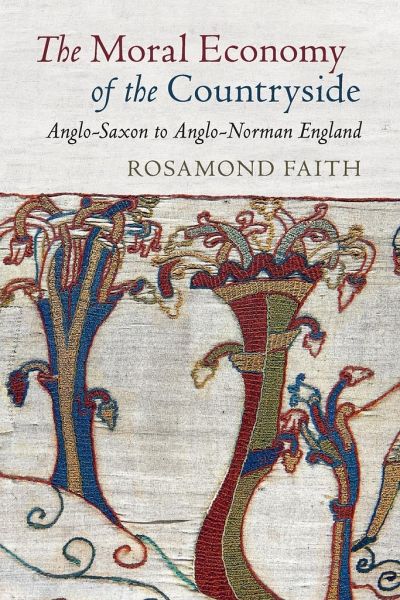
The Moral Economy of the Countryside
Versandkostenfrei!
Versandfertig in 2-4 Wochen
39,99 €
inkl. MwSt.
Weitere Ausgaben:

PAYBACK Punkte
20 °P sammeln!
Shows how the 'moral economy' of medieval England was transformed after the Norman Conquest, when 'feudal thinking' superseded traditional values of rank, reciprocity and worth.
Dieser Artikel kann nur an eine deutsche Lieferadresse ausgeliefert werden.














